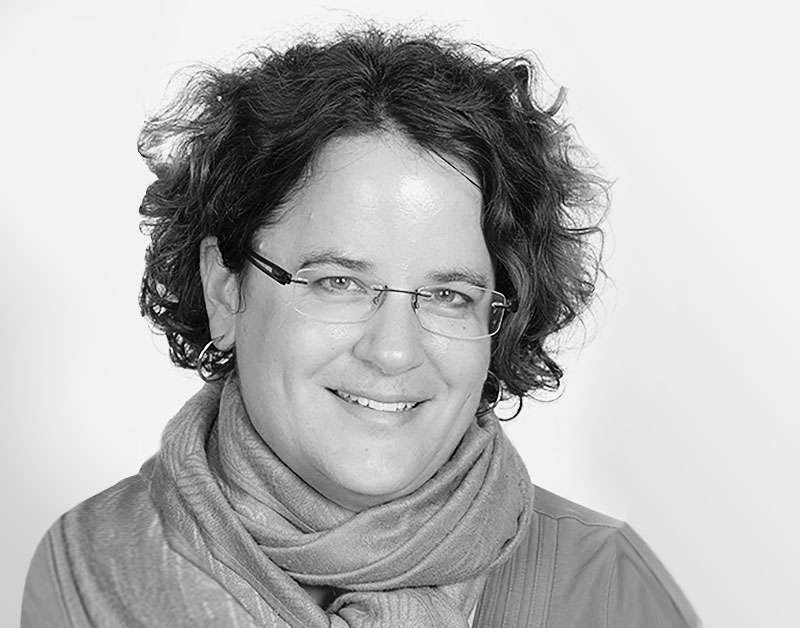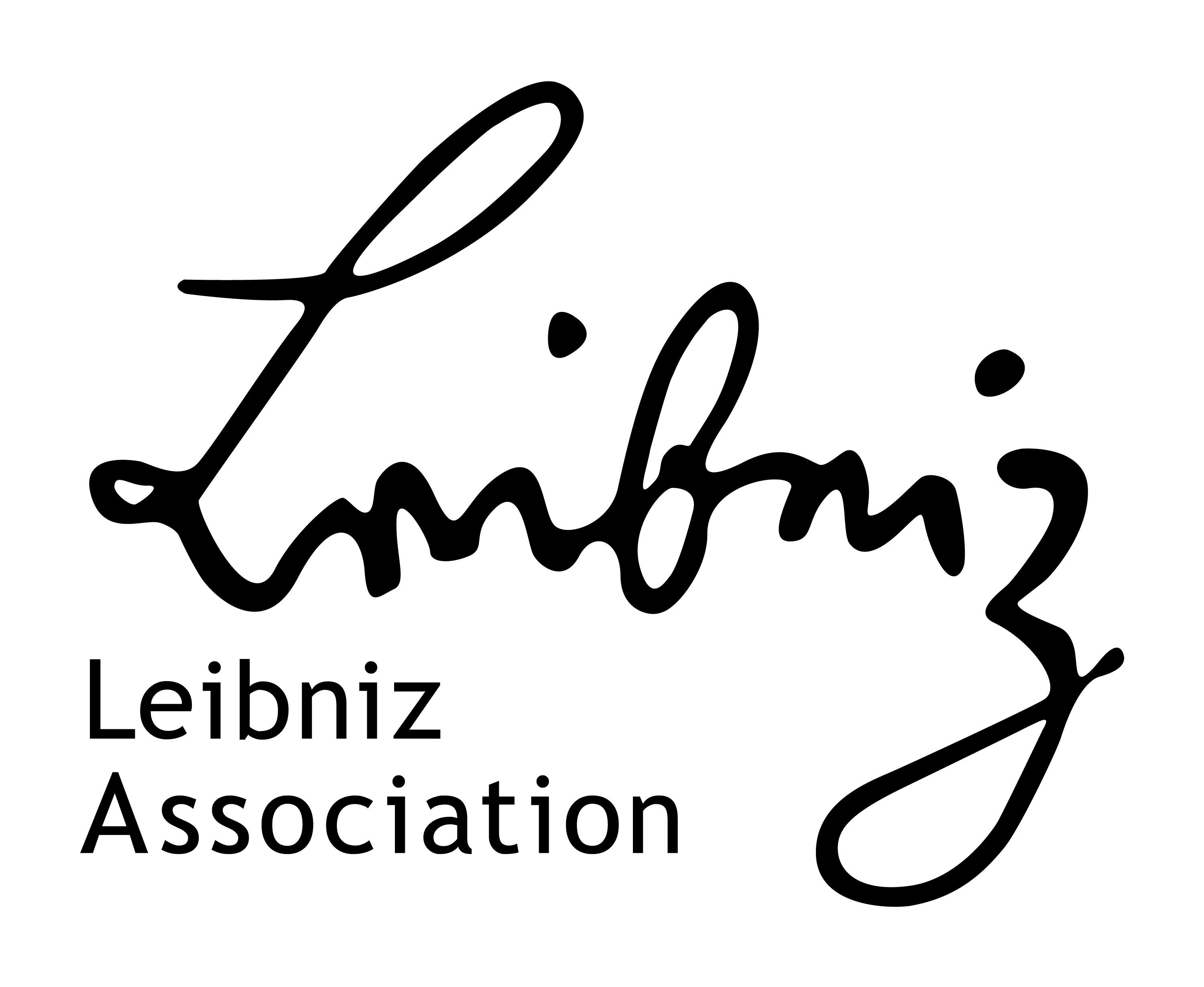
1970
Research Group Leader, Leibniz Institute for Resilience Research (LIR), Mainz, Germany Professor for Human Genetics, Director of Institute for Human Genetics, University Medical Center of the Johannes Gutenberg-University, Mainz, Germany
Board certification Human Genetics, Ärztekammer Berlin, Germany
Residency training Human Genetics, Charité University Medicine Berlin, Germany
Registrar: Department of Dermatology, Charité University Medicine Berlin, Germany, Full registration, Ärztekammer Hamburg, Germany
Registrar: Department of Pharmacology, University Hospital FU Berlin, Germany
Registrar: Department of Internal Medicine, University Hospital Hamburg, Germany
Provisional registration, Ärztekammer Hamburg, Germany
Dr. med. (M.D.); Innsbruck Medical School, Austria 10/1993; Graduation; Innsbruck Medical School, Austria
Undergraduate Training; Innsbruck Medical School, Austria
Dr. med. (M.D.); Innsbruck Medical School, Austria 10/1993; Graduation; Innsbruck Medical School, Austria
Research Group Leader at the Leibniz Institute for Resilience Research (LIR), Mainz, Germany
Research Group Leader at the German Resilience Center (DRZ) Mainz, Germany
Professor for Human Genetics, University Medical Center of the Johannes Gutenberg University Mainz, Germany
Director Institute for Human Genetics, University Medical Center of the Johannes Gutenberg University Mainz, Germany
Professor for Molecular Medicine, Ninewells Hospital, Dundee, Scotland, United Kingdom
Academic Lead of the Department for Human Genetics
Deputy Head of the Wellcome Trust Centre for Molecular Medicine
Head of the Centre for Oncology and Molecular Medicine
Lichtenberg Professor for Clinical and Molecular Genetics, Charité University Medicine, Berlin, Germany
M.D.-Ph.D. thesis: Institute of Organic Chemistry and Biochemistry, Freiburg, Germany; “Purification, characterization and crystallization of the membrane protein Maltoporin, the membrane-associated proteins Adrenodoxin Reduktase, and the tissue-plasminogene activator tPA” (supervisor: Georg E. Schulz, University of Freiburg, Germany)
Lichtenberg professorship of the “Volkswagenstiftung”
Research grant of the Max Planck Society
Member of the “Studienstiftung des Deutschen Volkes”
Weiß M, Selig M, Friedrich J, Wierczeiko A, Diederich S, Sigel H, Bredow J, Eichler FS, Nagy A, Seyler D, Holthöfer L, Gerber S, Schweiger S, Linke M, Bley A (2025) Deep intronic SVA_E retrotransposition as a novel factor in Canavan disease pathogenesis. Hum Gene Ther. doi:10.1089/hum.2025.006. Online ahead of print.
>> Link to articleButto T, Chongtham MC, Mungikar K, Hartwich D, Linke M, Ruffini N, Radyushkin K, Schweiger S, Winter J, Gerber S (2024) Characterization of transcriptional profiles associated with stress-induced neuronal activation in Arc-GFP mice. Mol Psychiatry. 29(19):3010-3023. doi: 10.1038/s41380-024-02555-z. PMID: 38649752
>> Link to PubmedFrank S, Gabessi E, Käseberg S, Bertin M, Zografidou L, Pfeiffer D, Brennenstuhl H, Falk S, Karow M, Schweiger S (2024) Absence of the RING domain in MID1 results in patterning defects in the developing human brain. LSA. doi: 10.26508/lsa.202302288
>> Link to PubmedHewel C, Schmidt H, Runkel S, Kohnen W, Schweiger S, Michel A, Bikar SE, Plachter B, Hankeln T, Linke M, Gerber S (2024) Nanopore adaptive sampling of a metagenomic sample derived from a human monkeypox case. J Med Virol. doi: 10.1002/jmv.29610
>> Link to PubmedKrummeich J, Nardi L, Caliendo C, Aschauer D, Engelhardt V, Arlt A, Maier J, Blicker F, Kwiatkowski MD, Rolski K, Vincze K, Schneider R, Rumpel S, Gerber S, Schmeisser MJ, Schweiger S (2024) Premature cognitive decline in a mouse model of tuberous sclerosis. Aging Cell. 23(12):e14318. doi:10.1111/acel.14318
>> Link to PubmedStroh A, Schweiger S, Ramirez JM, Tüscher O (2024) The selfish network: how the brain preserves behavioral function through shifts in neuronal network state. Trends Neurosci. 47(4):246-258. doi:10.1016/j.tins.2024.02.005
>> Link to PubmedKäseberg S, Bertin M, Menon R, Gabassi E, Todorov H, Frank S, Brennenstuhl H, Lohrer B, Winter J, Krummeich J, Winkler J, Winner B, Weis E, Hartwich D, Diederich S, Luck K, Gerber S, Lunt P, Berninger B, Falk S, Schweiger S, Karow M (2023) Dynamic X-chromosomal reactivation enhances female brain resilience. biorXiv. 2023. doi: 10.1101/2023.06.17.545424
>> Link to articleRücklé C, Körtel N, Basilicata MF, Busch A, Zhou Y, Hoch-Kraft P, Tretow K, Kielisch F, Bertin M, Pradhan M, Musheev M, Schweiger S, Niehrs C, Rausch O, Zarnack K, Keller Valsecchi CI, König J (2023) RNA stability controlled by m6A methylation contributes to X-to-autosome dosage compensation in mammals. Nat Struct Mol Biol. 30(8):1207-1215. doi: 10.1038/s41594-023-00997-7
>> Link to PubmedVennin C, Hewel C, Todorov H, Wendelmuth M, Radyushkin K, Heimbach A, Horenko I, Ayash S, Müller MB, Schweiger S, Gerber S, Lutz B (2022) A resilience-related glial-neurovascular network is transcriptionally activated after chronic social defeat in male mice. Cells. 11(21):3405. doi: 10.3390/cells11213405
>> Link to PubmedCooper A, Butto T, Hammer N, Jagannath S, Fend-Guella DL, Akhtar J, Radyushkin K, Lesage F, Winter J, Strand S, Roeper J, Zechner U, Schweiger S (2020) Inhibition of histone deacetylation rescues phenotype in a mouse model of Birk-Barel Intellectual Disability syndrome. Nat Commun. 11(1):480. doi: 10.1038/s41467-019-13918-4
>> Link to articleWendelmuth M, Willam M, Todorov H, Radyushkin K, Gerber S, Schweiger S (2020) Dynamic longitudinal behavior in animals exposed to chronic social defeat. PLoS One. 15(7):e0235268. doi: 10.1371/journal.pone.0235268
>> Link to Pubmed




